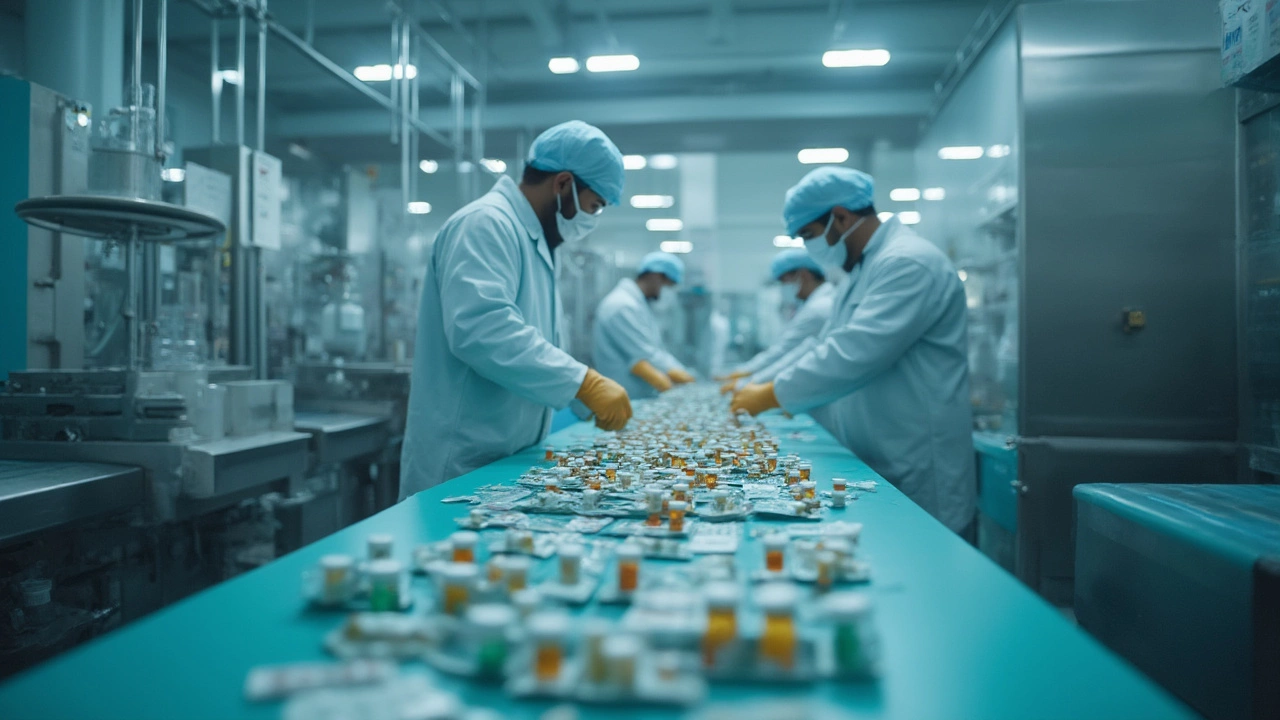Where Does CVS Get Their Drugs? Inside the Pharmacy’s Supply Chain
Ever walked into a CVS and wondered where those pills and bottles actually come from? You’re not alone. Most people assume the store just orders drugs from a random warehouse, but the process is a lot more organized. Below we break down the main players, the steps CVS follows, and what it means for you as a shopper.
Big Distributors That Feed CVS Shelves
CVS works with the three giants that dominate drug distribution in the United States: Cardinal Health, McKesson, and AmerisourceBergen. These companies buy medicines straight from drug makers, store them in climate‑controlled warehouses, and ship them to CVS distribution centers across the country. Because the distributors handle bulk orders, CVS can get lower prices and keep its inventory moving fast.
Each distributor specializes in different product groups. For example, McKesson carries a lot of specialty drugs that need special handling, while Cardinal Health focuses on generic and over‑the‑counter items. AmerisourceBergen often supplies biologics and high‑cost brand name meds. CVS signs long‑term contracts with them, which guarantees a steady supply and predictable pricing.
How CVS Keeps Shelves Stocked and Prices Low
Beyond the big distributors, CVS runs its own network of regional distribution centers. Once the drug arrives at a center, sophisticated software sorts it by SKU, expiration date, and store demand. The system then routes the right amount to each pharmacy, helping avoid stock‑outs and waste.
CVS also has a private‑label brand called CVS Pharmacy. By buying generic versions of popular drugs directly from manufacturers, CVS can label them under its own brand and sell them at a lower price. This strategy gives shoppers a cheaper alternative without sacrificing quality, because the FDA still checks every batch.
All shipments must meet strict FDA and DEA regulations. CVS pharmacists verify the authenticity of each batch, scan barcodes, and store drugs according to temperature guidelines. If anything looks off, the pharmacy can reject the shipment before it reaches the shelf.
For you, the takeaway is simple: the pills you pick up at CVS have passed through a chain of big distributors, regional warehouses, and quality checks. If you want to know whether a drug is a generic or a CVS private‑label version, just look at the label – the brand name will say “CVS Health” or show the name of the original manufacturer.
Knowing where CVS gets its drugs helps you trust what’s on the shelf and understand why prices are what they are. The next time you’re at the counter, you’ll have a clear picture of the many steps that bring that bottle of ibuprofen from a factory floor to your hand.
